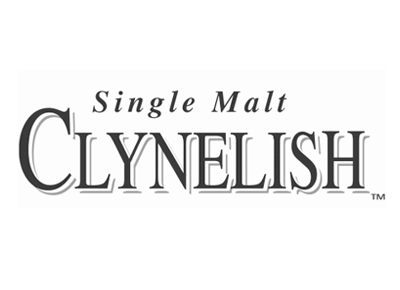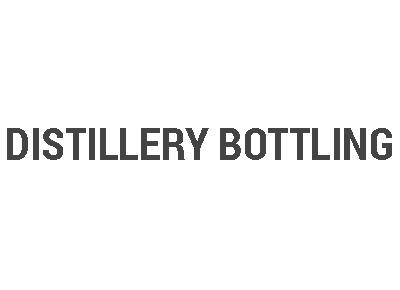Total Lots Sold:
1
View Lots
Do you have this bottle for sale?
SELL IT TODAYHAMMER PRICE OVER TIME
This graph displays data solely from Whisky-Online Auctions past sales history. Please note the filling level of the liquid and the condition of an item can affect the price negatively, so please check individual Lot sales below if there's a sudden dip in the graph.
HAVE ONE FOR SALE?
Submit your details along with an image and a description of your bottle. We'll then be in touch with the best way to proceed.
WHY SELL WITH WHISKY-ONLINE AUCTIONS?
0% Sellers Commission
Free Collections Available
Over 30 Years In The Whisky Industry
Over 1,700 Five Star Trustpilot Reviews
We Sell The Rarest Whiskies Ever Bottled
Global Buying Audience Including Far East Buyers
Bespoke Auction Platform
Thousands Of Active Bidders
Large Database Of Newsletter Subscribers
Over 36k Social Media Followers
Clynelish Official Distillery Bottling - 1920s
Clynelish The Finest Highland Malt Whisky Made. Bottled 1920s. No size stated although equal to 75cl. No strength stated. Two-piece moulded glass. Stopper cork with branded foil seal. Glass code A 4 E. C 4. U G B.
An incredible old and rare 1920s bottle of Clynelish. The bottle's capsule and logo both state Clynelish Distillery Company Ltd - which only existed from 1912-1930 - while the glass bottle was produced no earlier than 1921, enabling us to date this Clynelish to the brief era during which the distillery was part-owned by Distillers Company Limited, John Walker & Sons and John Risk but before DCL took full control of the distillery.
This magnificent bottle closely resembles the well-known Ainslie & Heilbron white label Clynelish releases that followed in the 1930s, so our best guess is that this dates from the mid to late 1920s. The bottle has been in the vendor's family ever since it was gifted to his father in the 1930s. Head over to our blog for more information about this once in a lifetime find!
How to read the bottle code: A 4 E is the style code for the glass bottle. The letter underneath is the letter used to determine which plant the glass bottle was produced at. So in this case C means this glass bottle was produced at the Charlton plant in London which started in 1921. U G B is the manufacture - United Glass Bottle.

One of the Highland’s most iconic whisky distilleries, the modern Clynelish distillery dates from 1967, and ran alongside the original distillery (now known as Brora) between 1969-1983. The new Clynelish has six stills and a capacity of just under 5m litres per annum, much of which goes to owner Diageo’s blended whiskies, particularly Johnnie Walker.
Any Clynelish whiskies pre-dating the 1970s are from the distillery now known as Brora, as are most if not all of the old Ainslie & Heilbron official 12-year-olds that continued into the early 1980s. In the mid-1990s modern Clynelish was confirmed as a great whisky distillery in its own right when several outstanding 1970s vintage Rare Malts and the Cask Strength Flora & Fauna 1980 appeared.
Independent bottlings of Clynelish are very common and some incredible whiskies, particularly from the mid-1990s vintages, have been released in recent years.

Distillery bottlings are, as the name suggests, bottled by or for the distillery from which the whisky has originated and are thus often referred to as Official Bottlings or OBs. Distillery bottlings are generally more desirable for collectors and usually fetch higher prices at auction than independent bottlings. They are officially-endorsed versions of the whisky from a particular distillery and are therefore considered the truest expression of the distillery’s character.
This ideal of the distillery character is regarded so seriously by the distilleries and brand owners that casks of whisky that are considered to vary too far from the archetype are frequently sold on to whisky brokers and independent bottlers. When this happens, it is often with the proviso that the distillery’s name is not allowed to be used when the cask is bottled for fear of diminishing or damaging the distillery’s character and status.

